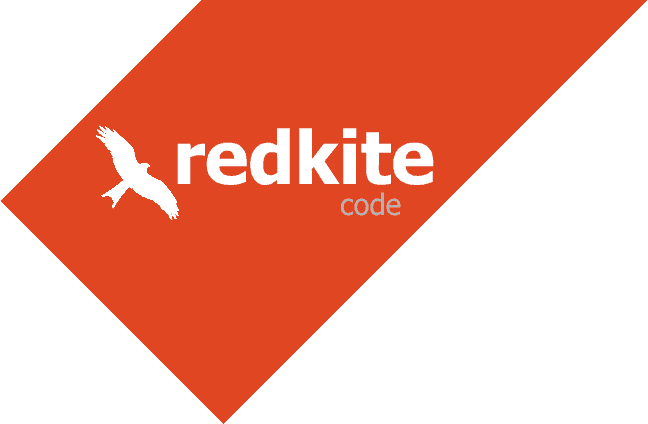Is web design dead?

As someone who sells websites, knowing what people are looking for and how they seek it on the internet, is pretty important to me. Search terms are particularly important and I’ll always look to use the terms people search for, on my site. Imagine then my horror yesterday, when I used Google Trends on the term ‘Web Design’ and am confronted by the graph below.
Google Trends
If you haven’t used Google Trends before, you should. It is the answer to everything that you have ever wondered. A glimpse into human psychology, politics, probability and behaviour. It is untainted data, without prejudice, bias or someone else incorrectly deciding what it means for you. And it can give you huge insights into any business that you are in. The problem is interpreting the data correctly, and that is an art form in itself.
What do 'flags' tell us?
Consider the graph below. It is of the word ‘flags’ in the UK. What do you think this graph tells us about the British, and how do you know you are correct?
There is no right or wrong. But my interpretation of this graph is that it shows how absolutely crazy the English are about football. There is a spike every 2 years in June. 2004, 2006 (nothing in 2008, I’ll come back to that), 2010, 2012, 2014, 2016. So how do I know it isn’t the Olympics, or rugby, or anything else? Well the clue is the timings. You get the spike every time a European Championships is on or a World Cup. And the killer clue is 2008. Why weren’t people looking for flags in 2008? The European Championships was on. If it is football related and Euro 2008 was on, why not the flags? In fact, it is this reason we know it isn’t the Olympics, because they were also on in Beijing in 2008 at the same time. The curious thing about 2008 is that England didn’t qualify for Euro 2008! And so nobody googled for flags. They didn’t want to buy flags for their houses, flags for their cars, flags for their bedrooms, flags for pub decorations etc, because they couldn’t support their team as they weren’t there. If you were a British flag manufacturer, knowing this behaviour and how dependant you are on the England Football team’s performance, you’d gear your production around that knowledge and should they not qualify for the World Cup in 2018, you know not to make a bunch of flags you won’t sell.
Local approach to 'fireworks'
There are also some interesting cultural differences between nations. Consider the search term ‘fireworks’.
Looking at the UK, you see a huge spike for November the 5th (Bonfire night) followed by a smaller spike on New Year’s Eve. You’d expect this. Nov 5th is firework night, but the British do like them on New Year’s too.
In the US, the spikes are for New Year’s and also the 4th of July. In fact, the Americans really put all the emphasis on 4th July, New Year’s is not really that important in terms of fireworks.
Finally consider the Spanish. If you have ever been to Spain, you’ll be aware that they chuck fireworks around the streets all year long, every single night and that there is not ever a time when you shouldn’t be buying and using them. Their graph shows a high background of firework searches with peaks only on New Year.
So as before, if you were an international firework distributer, this would all be interesting information to know.
